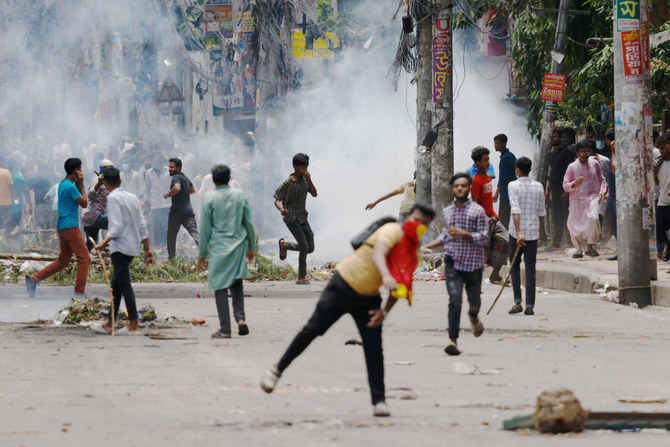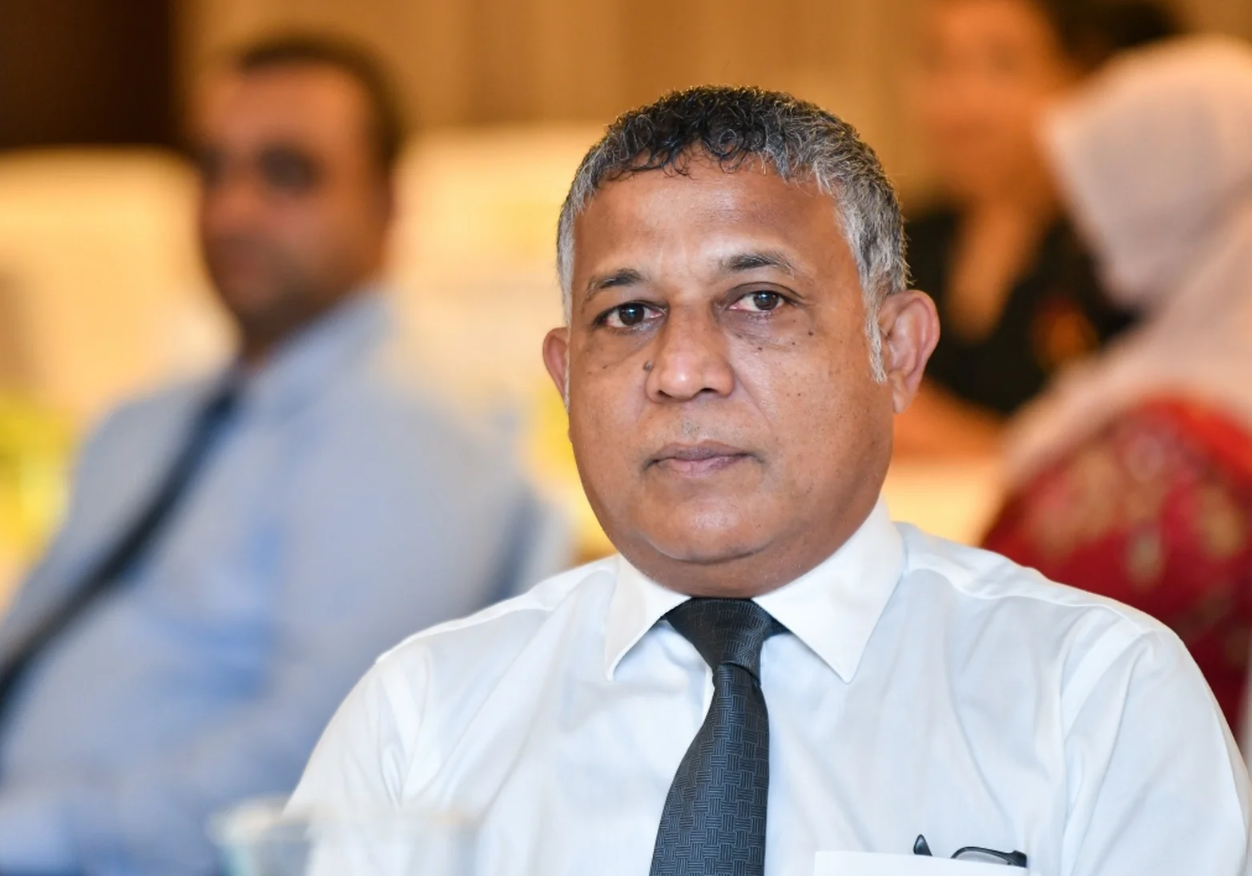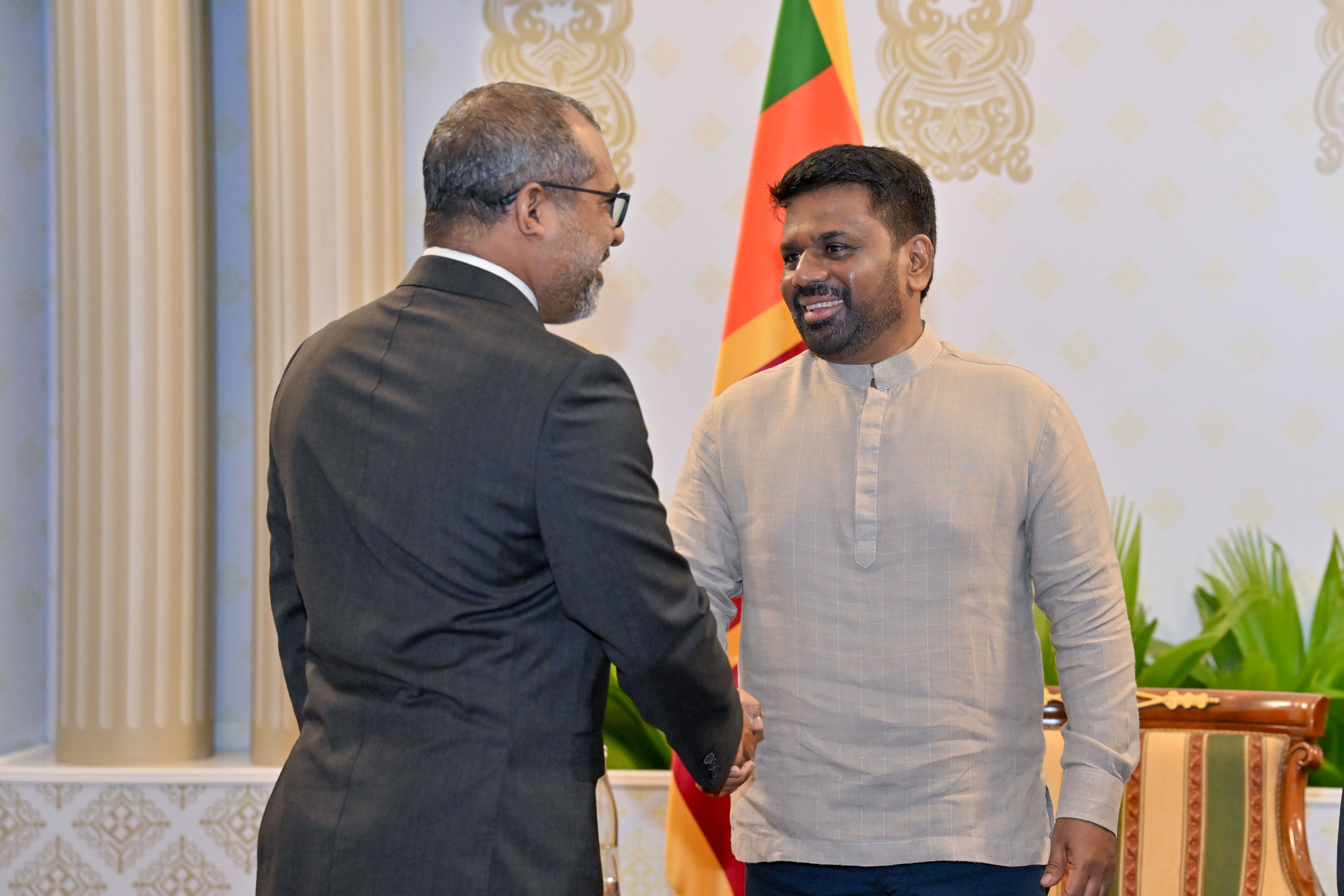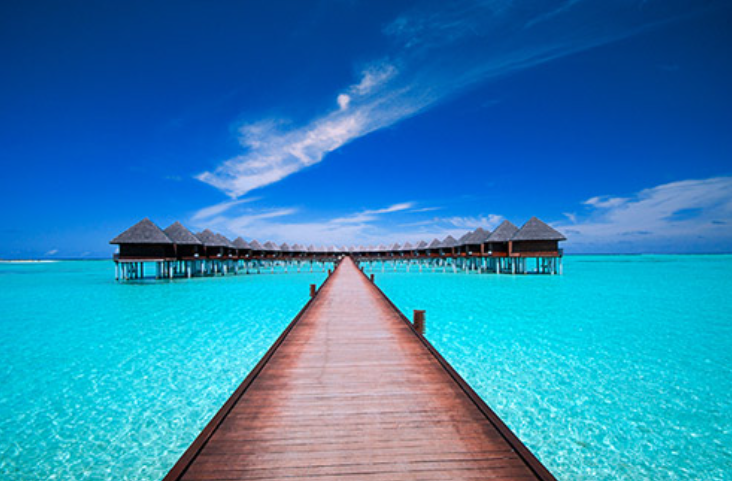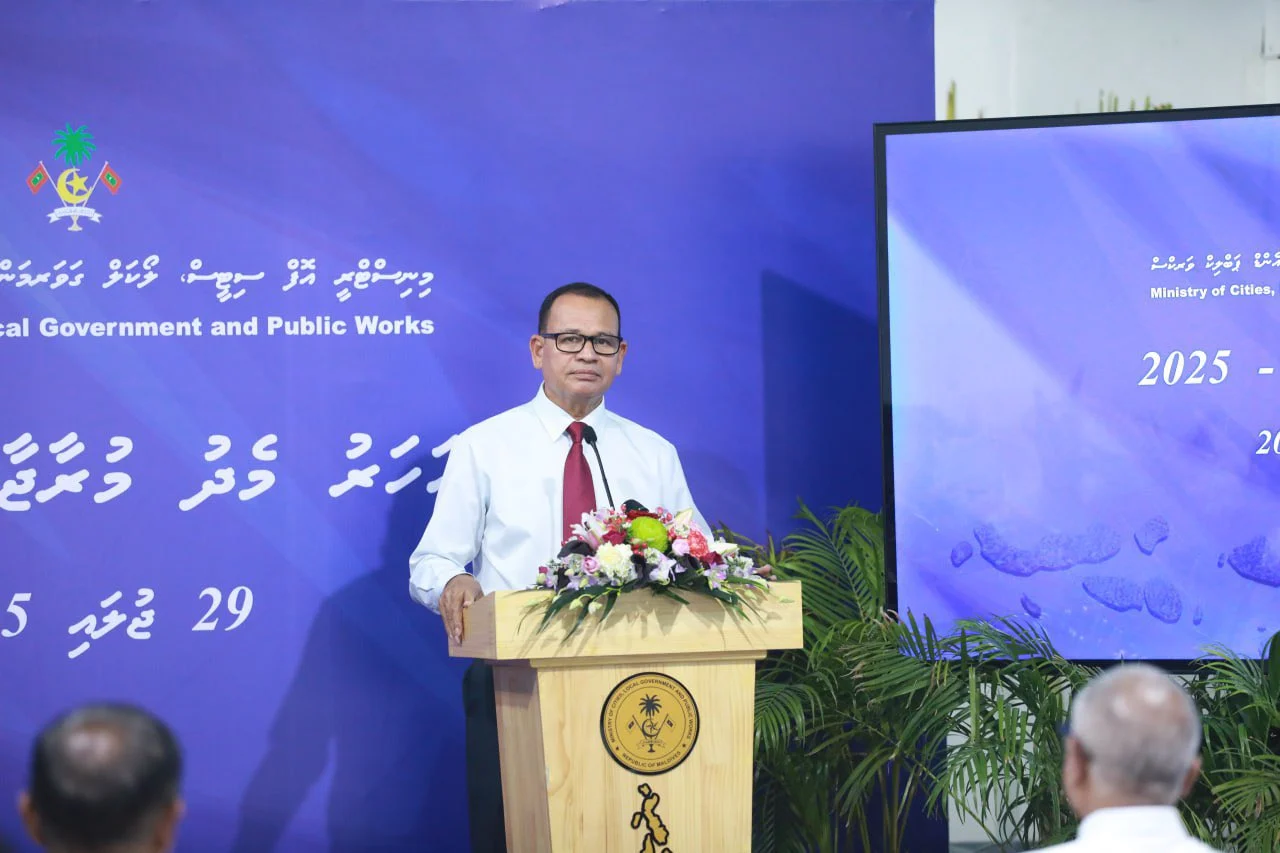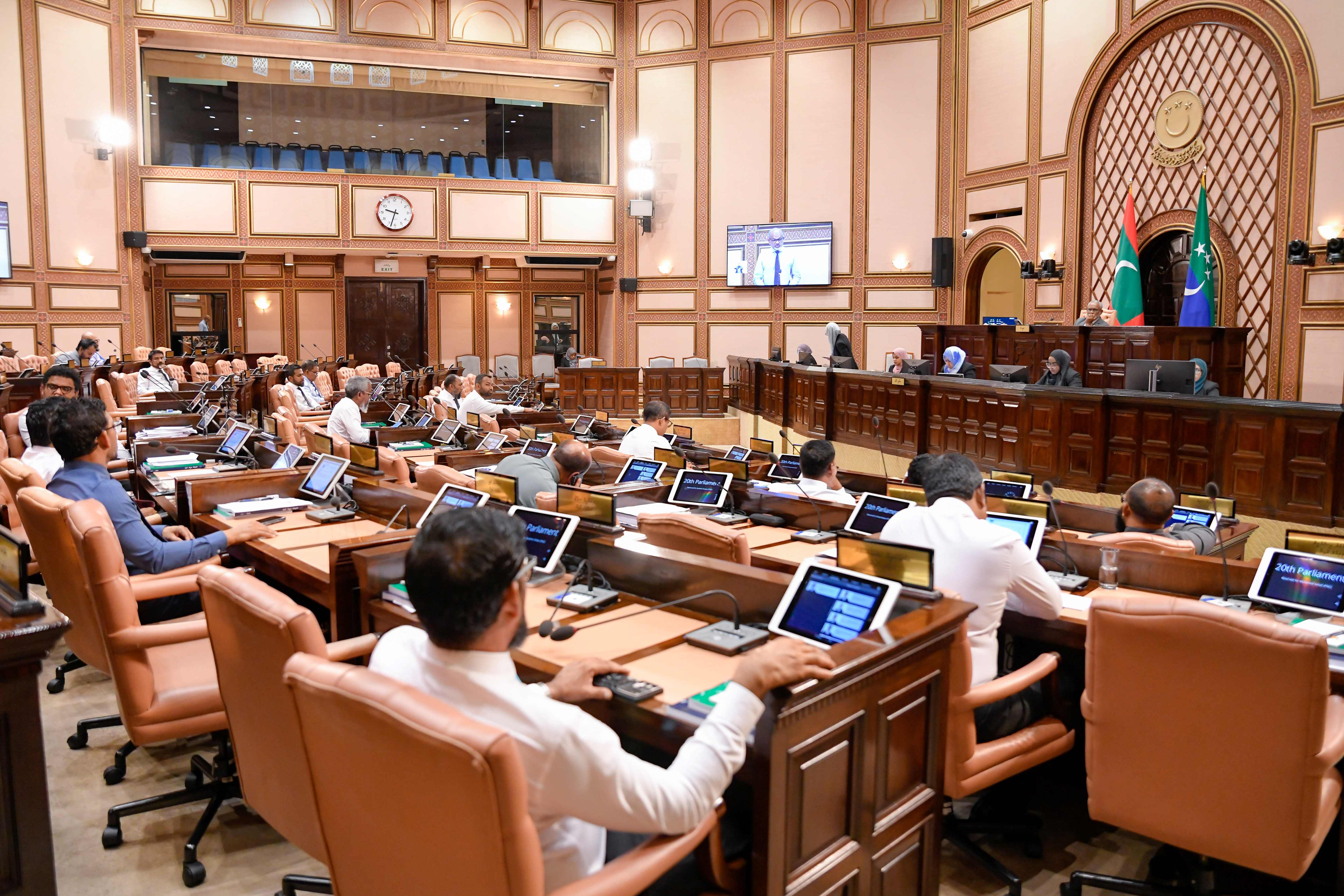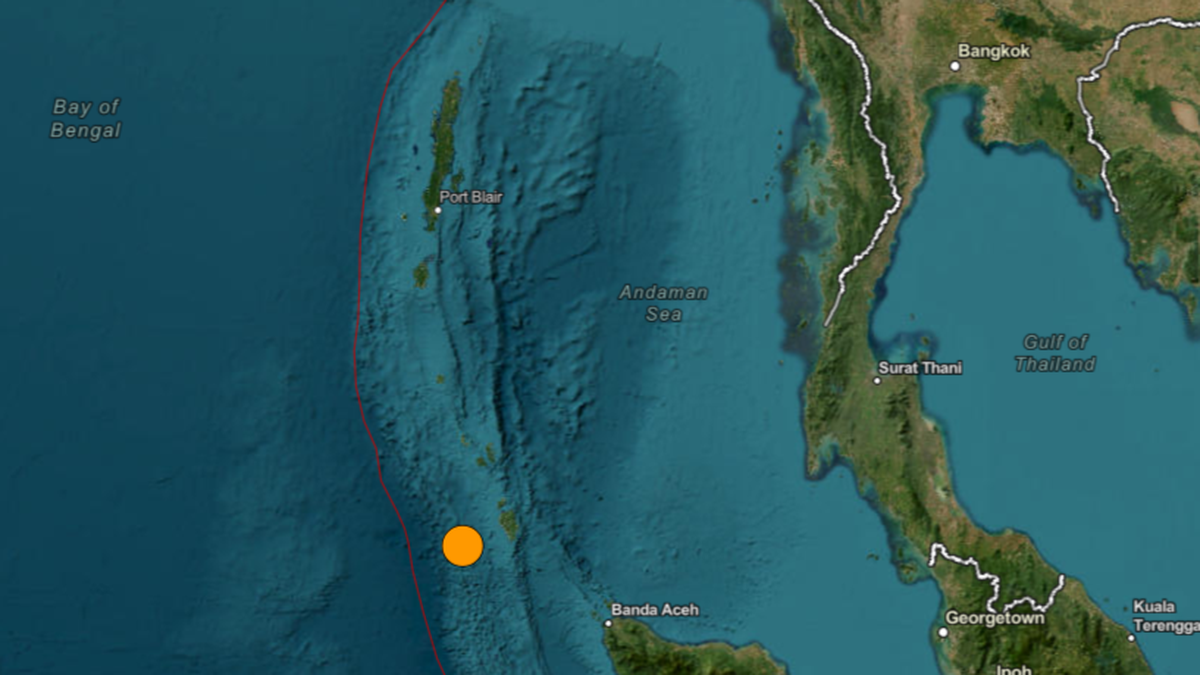Bangladesh is in turmoil as clashes between student protesters and police have left at least 105 dead, according to hospital reports compiled by AFP. Prime Minister Sheikh Hasina canceled foreign visits and imposed a curfew, deploying the military to restore order amidst the escalating violence.
"The government has decided to impose a curfew and deploy the military in aid of the civilian authorities," said Nayeemul Islam Khan, the Prime Minister's press secretary.
The unrest, triggered by protests against a civil service quota system favoring specific groups, paralyzed Dhaka as troops and armored vehicles patrolled its deserted streets. Despite the curfew, some rickshaw drivers defied orders, facing police warnings.
The demonstrations, ongoing for weeks, demand an end to the quota system benefiting descendants of Bangladesh's liberation war veterans. Critics accuse the government of exploiting state power to suppress dissent and consolidate its authority.
Rights groups condemned the government's response, particularly police use of force, which reportedly caused more than half of the deaths. Amnesty International's Babu Ram Pant denounced the authorities' "absolute intolerance" towards dissent, exacerbated by a nationwide internet shutdown hampering communication.
As Bangladesh faces its worst unrest in recent history, all eyes are on Prime Minister Hasina's administration to manage the crisis and prevent further escalation.
"The government has decided to impose a curfew and deploy the military in aid of the civilian authorities," said Nayeemul Islam Khan, the Prime Minister's press secretary.
The unrest, triggered by protests against a civil service quota system favoring specific groups, paralyzed Dhaka as troops and armored vehicles patrolled its deserted streets. Despite the curfew, some rickshaw drivers defied orders, facing police warnings.
The demonstrations, ongoing for weeks, demand an end to the quota system benefiting descendants of Bangladesh's liberation war veterans. Critics accuse the government of exploiting state power to suppress dissent and consolidate its authority.
Rights groups condemned the government's response, particularly police use of force, which reportedly caused more than half of the deaths. Amnesty International's Babu Ram Pant denounced the authorities' "absolute intolerance" towards dissent, exacerbated by a nationwide internet shutdown hampering communication.
As Bangladesh faces its worst unrest in recent history, all eyes are on Prime Minister Hasina's administration to manage the crisis and prevent further escalation.





